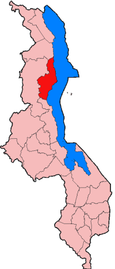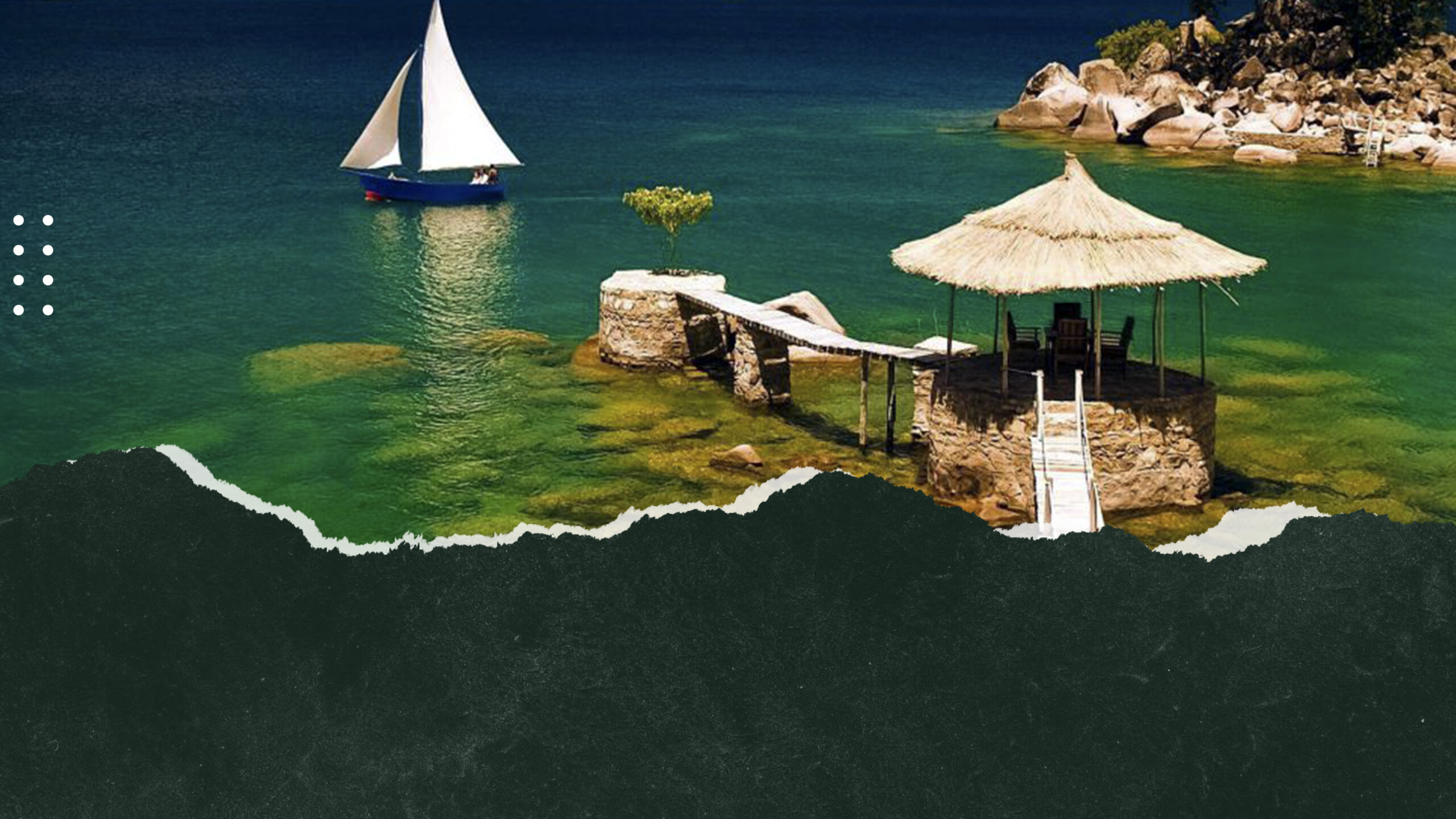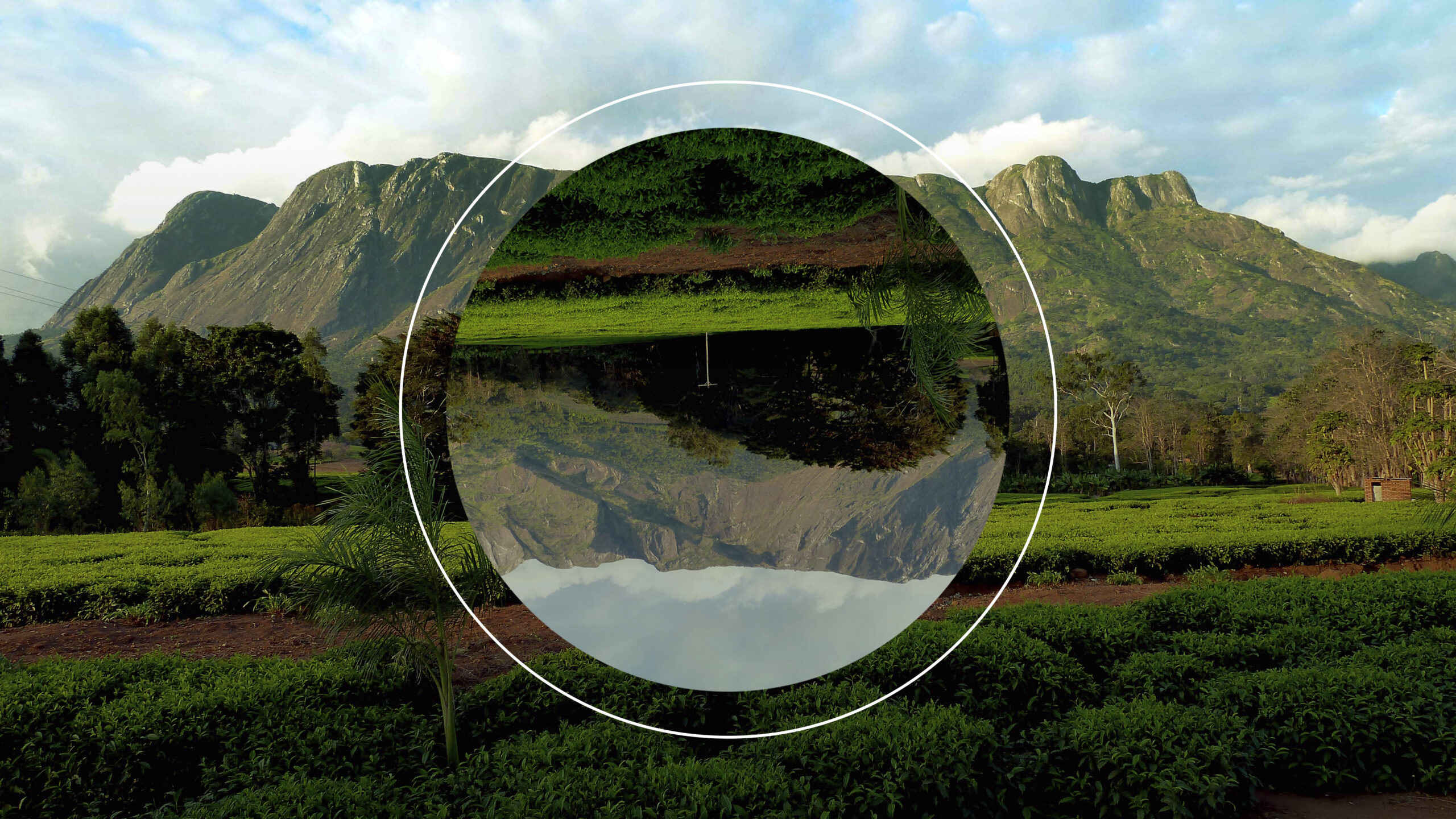USEFUL INFO - NORTH - NKHATA BAY
- DISTRICTS
- NORTH – CHITIPA
- NORTH – KARONGA
- NORTH – LIKOMA
- NORTH – MZIMBA
- NORTH – MZUZU
- NORTH – NKHATA BAY
- NORTH – RUMPHI
- CENTRAL – DEDZA
- CENTRAL – DOWA
- CENTRAL – KASUNGU
- CENTRAL- LILONGWE
- CENTRAL-MCHINJI
- CENTRAL – NKHOTAKOTA
- CENTRAL – NTCHEU
- CENTRAL – NTCHISI
- CENTRAL – NTCHISI
- CENTRAL – SALIMA
- SOUTH – BALAKA
- SOUTH – BLANTYRE
- SOUTH – CHIKWAWA
- SOUTH – CHIRADZULA
- SOUTH – MACHINGA
- SOUTH – MANGOCHI
- SOUTH – MULANJE
- SOUTH – MWANZA
- SOUTH – NSANJE
- SOUTH – THYOLO
- SOUTH – PHOLOMBE
- SOUTH – ZOMBA
- SOUTH – NENO

For long one of the best kept secrets on the African backpackers’ trail, Nkhata Bay has steadily grown in reputation over the past two decades to eclipse Cape Maclear as the most popular traveller congregation point on Lake Malawi, if not anywhere between Zanzibar and Victoria Falls. It’s not difficult to see why. Nkhata Bay has a glorious lush and scenic setting, comprising a twin pair of bays enclosed by forested hills and separated by a long, narrow pensisula. And the small town itself, nestled between the hills and lakeshore, is as charming as it is uncategorisable – call it an overgrown Tonga fishing village, a venerable district capital, a burstling market port or an idiosyncratically laidback lakeside resort, one senses that few of its estimated 15,000 residents would be sure which of these labels wears best.
A big part of Nkhata Bay’s appeal is the rare sense of traveller community that embraces the town and string of popular lodges running out towards Chikale Beach. The place is also addictively laidback, so much so that it habitually paralyses the will of travellers, and infuses their best-laid plans with an element of suppliant inertia. And while most visitors associate Nkhata Bay with lazy days and party nights, the town offers plenty of interest to more active travellers, including kayaking, snorkelling, forest walks, fish-eagle feeding, beach volleyball or simply joining in a local football match. Worthy of a special mention are the day/night dives and diving courses offered by Aqua Africa in a unique environment described by one experienced diver as ‘fresh water with sea equivalents’.
So inherently likeable is Nkhata bay that it feels churlish to raise negatives. All the same, Malawi’s most popular resort village won’t be to everybody’s taste. For one, the slow but sure drift of the backpacker scene away from the town centre towards Chikale Beach has made the more popular resorts feel somewhat insular, insofar as they offer limited opportunities to interact with those locals that aren’t associated with the tourist industry. Furthermore, if it’s pristine beaches you are after, then you might be better off at Chintheche, Kande or Chitipa, since the rapid population growth here in recent years means that urban development has all but swallowed the beaches on which Nkhata Bay built its reputation.
On a more positive note, the security problem experienced here a few years back seems to be a thing of the past, with lodge owners and police now working together to contain crime against tourists. Nevertheless, it remains advisable to avoid dark and Mayoka village or points further south.
Chitheche
Chiteche has a variety of lodges, supermarkets, resorts, internet café and one of the most amazing lakeshores in Malawi. Aside from the Lake there’s not much else to see in Chitheche. Well equipped rooms within the lodges with en suite can be hired for as little as MK2,500 per night (approximately $16). You can get there by public transport (Buses) which operate between Nkhotakota and Nkhata Bay. Chintheche is an ideal place to getaway and experience amazing views and beautiful waters.
Getting there and away
Nkhata Bay lies at the end of a surfaced 3km cul-de-sac running east from the M5 between Salima and Mzuzu. It’s a 50km drive from Mzuzu, along a spectacular stretch of the surfaced M5 that sees you whizzing down the Rift Valley Escarpent (or puffing up it) past expansive grassland and Brachystegia woodland, with the lake glittering in the sun hundreds of metres below. It shouldn’t take longer than 45 minutes in a private vehicle, but may take twice as long on the regular minibuses and matola vehicles that link the two for Mk350. Note that transport from Nkhata Bay to Mzuzu can be picked up from the main bus station or from a stage about 200m out of town past the courthouse.
Coming from the south, Nkhata Bay lies about 40km from Chintheche, and is connected to it by regular minibuses. There is also plenty of bus and matola transport along the 198km stretch of the M5 between Nkotakota and Nkhata Bay. Coming from Lilongwe, the best option is Axa Coach you can either take the cheaper service that runs to Mzuzu along the lakeshore and disembark at Nkhata Bay, or else catch the faster and pricier bus to Mzuzu and hop down to Nkhata Bay from there.
For travellers heading on to Tanzania, the Mohamed and Tarqwa buses between Lilongwe and Dar es Salaam both stop at Nkhata Bay to pick up passengers, usually just before midnight, and there is at least one bus daily except Thursdays. Tickets cost Mk3,500 to Mbeya or Mk7,000 to Dar es Salaam and can be booked through Nkhata Bay Tours, which is also a good source of information about other bus routes.
The MV Ilala stops at Nkhata Bay, one of the few ferry ports to have a proper jetty. Please view our transport section for further information.
Briggs, P. (2010). Nkhata Bay. In: Briggs, P Malawi. 5th ed. Connecticut: Bradt. p255 – 257




